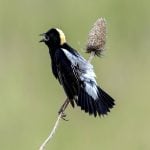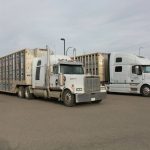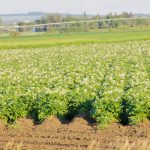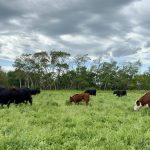With spring comes the annual Alberta ban on elm tree pruning and the perennial reminder not to transport firewood during the coming camping season.
Dutch elm disease is the reason behind the caution.
Alberta is free of the disease, which is caused by a fungus that can kill elm trees.
Nigel Seymour, a tree consultant contracted by Stop DED, said absence of the disease is no reason to become complacent.
“What we have been finding, particularly in Medicine Hat … is the insects that will spread it,” said Seymour.
Read Also
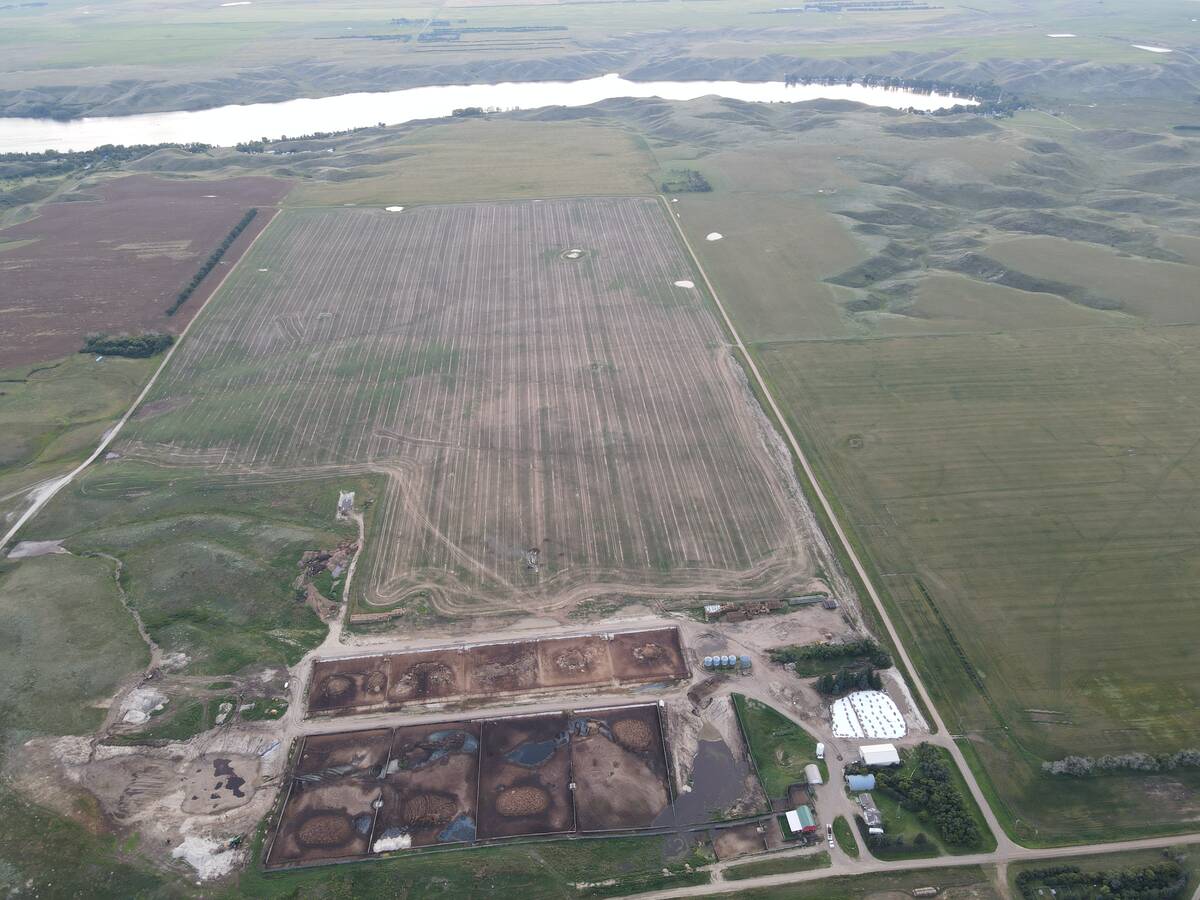
Saskatchewan RM declines feedlot application, cites bylaws
Already facing some community pushback, a proposed 2,000-head cattle feedlot south of Swift Current, Sask., has been rejected for a municipal permit, partly over zoning concerns about the minimum distance from a residence.
“The insects are there, but we haven’t seen symptoms. Just because the insects are there doesn’t mean the disease is there, but it does mean that the trees are getting stressed.”
It means trees will be more susceptible to the fungus if it arrives.
The disease-inducing fungus is spread by European, native and banded elm bark beetles.
The insects are initially attracted to weak and dying trees, in which they burrow and breed. Adult beetles then fly to healthy elms, transporting the fungus.
Elms should not be pruned between April 1 and Sept. 30 because that provides entry points for beetles, said Seymour.
If an elm must be pruned during the banned period for safety reasons, the pruned material should be chipped, buried or burned so no beetle habitat is provided.
Nesting material is also the reason behind cautions about transporting firewood.
“Not only does that bring in the beetles sometimes, but it’s a spot where the beetles will go … under the bark and lay their eggs.”
Campers are advised to buy their firewood locally and burn it on site.
Dutch elm disease has killed millions of American elm trees in North America, Europe and Asia. It is prevalent in Manitoba, Saskatchewan and Montana.
Elms are among the most popular trees planted in cities and as ornamentals on farms and acreages.
“If we lost the elms, it would be devastating in this province,” Seymour said.
“One of the reasons why we don’t have it (in Alberta), a big reason, is Stop DED. Any signs of it, they get at it and deal with the tree.”
Stop DED is the society to prevent Dutch elm disease.
The disease is usually first identified in late June to mid-July, when part of an otherwise healthy looking elm suddenly wilts and the leaves turn brown. Leaves may drop prematurely as it progresses. Brown, wilted leaves may stay on the tree throughout winter.
The hotline to report symptoms is 877-837- 3567. More information is available at www.stopded.org.









